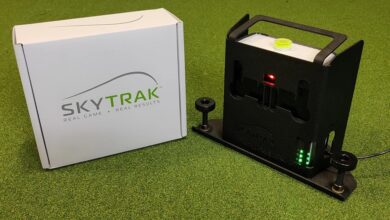
Value Added Tax or VAT is a tax that is added to a number of products and services that are sold in the UK. Not all items have VAT and it is important for businesses to know what items need to have VAT added to them. It is in essence a form of consumption tax. It is a tax that is ultimately passed on to the consumer at the end of the sales chain. Each business that is involved in the product or manufacturing of the product will charge VAT on their elements but will be able to claim the VAT on the.
VAT can be a difficult topic to get your heads around and it is important that you file your tax returns on a quarterly basis and you can do this using some of the cloud accounting software that is available. These kinds of software help you to keep on top of your business finances and also allow the Gloucester accountants that you work with, such as Randall and Payne to go in and check that everything is allocated correctly before the VAT return is filed. They can also help with any discrepancies and with your year-end company tax filing.
Businesses can voluntarily register for VAT, but all businesses with a turnover of more than £85,000 a year must legally register for VAT. This then means that the business will have to charge VAT on appropriate products and services that it sells. It also allows the business to reclaim any VAT that they have to pay on products, services and equipment that they buy in.
Once registered the business will be issued with a VAT certificate and number and will be notified of the dates by which the VAT returns need to be submitted. It is important that you are aware of what VAT you can charge and what you can reclaim and use accounting software is often the best way to do this as your accountant can set the appropriate rates for you in the system and the coding will do everything else for you. In some cases, the accounting software will submit your VAT returns directly for you.
There are currently three rates of VAT and these are:
- Standard – 20% on goods and services
- Reduced – 5% on selected goods and services
- Zero -0% on zero-rated goods and services.
There are also a number of products and services that are exempt from VAT and these include:
- Education and training
- Charitable funds
- Insurance and financial services
- Stamps
To get a full list of exemptions and VAT rates you can speak with your accountant or visit the government website and HMRC.







